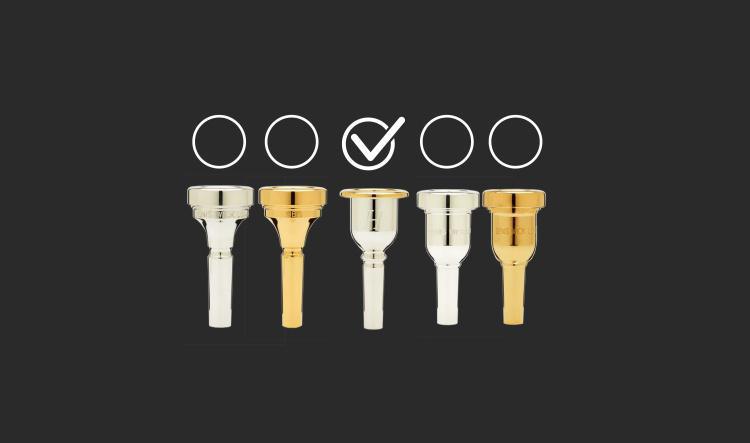Increasing your endurance by using the small spaces
When preparing to perform a solo or a whole recital, there are a lot of factors that motivate our practice. To have a polished end product we meticulously learn notes, rhythms, and technique, with metronomes, recording devices, and more. And, if you are like me, I practice getting through the complete solo or program to make sure I have enough endurance.


